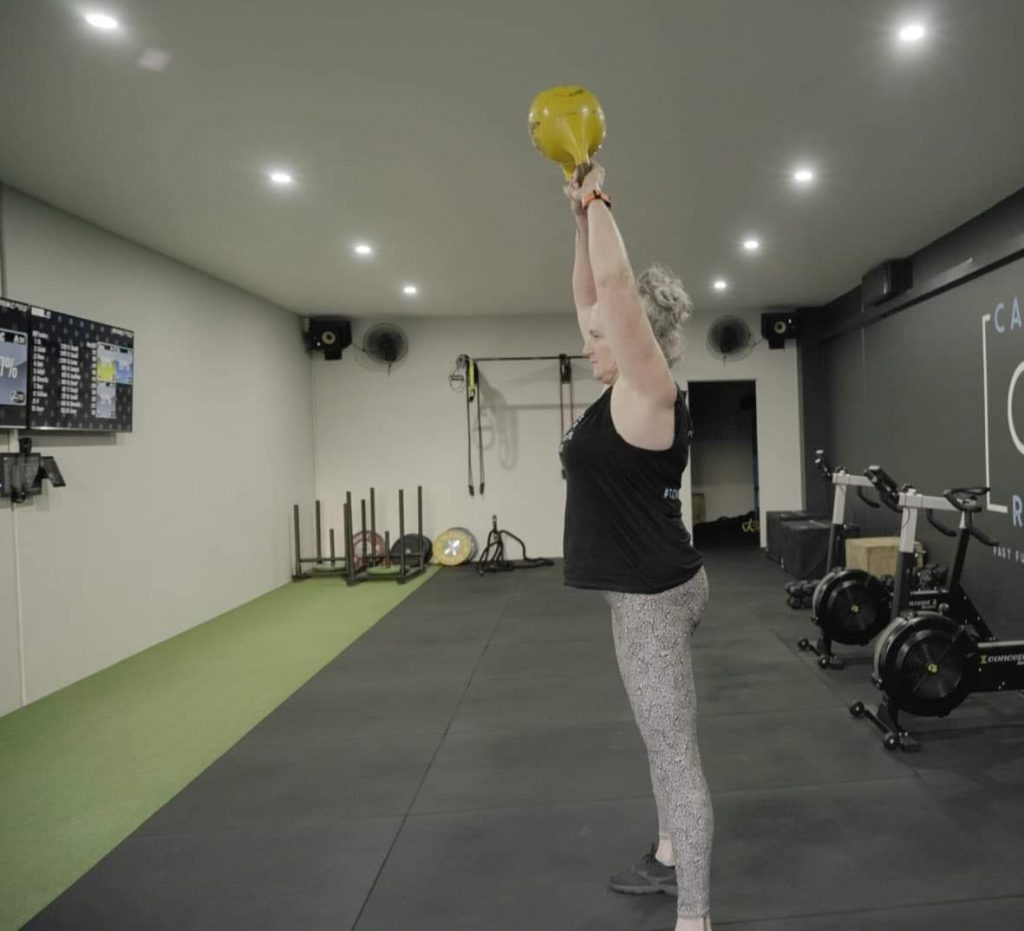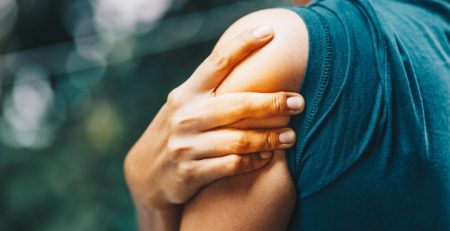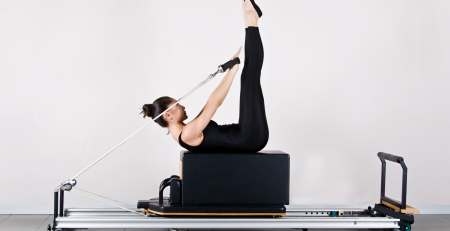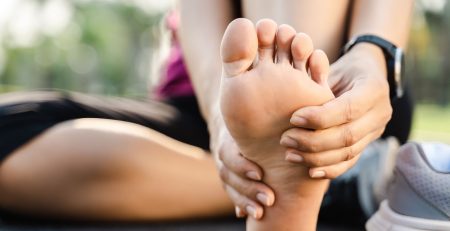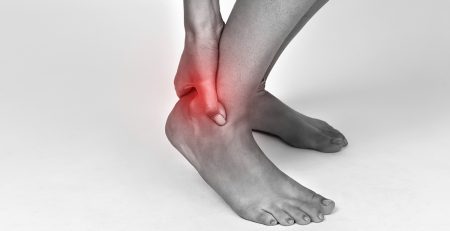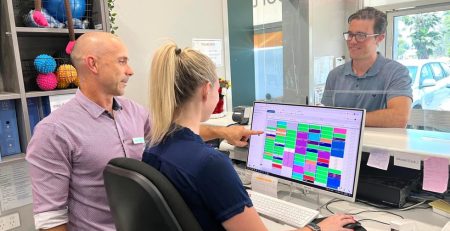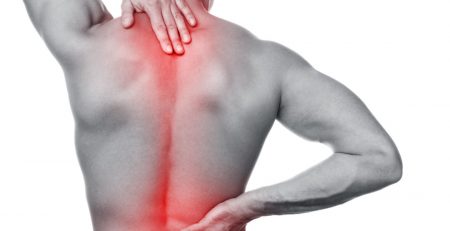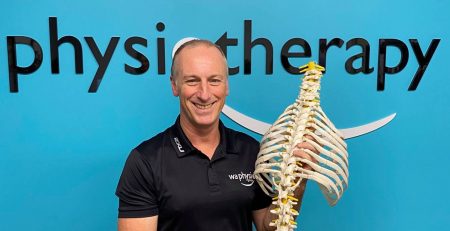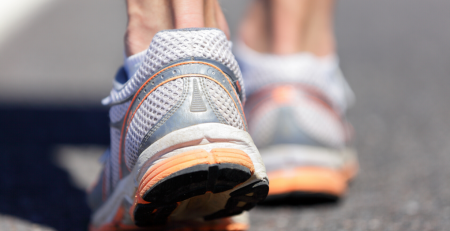Returning to Exercise after Mild Covid 19
It is looking like that after mild cases of Covid 19 there is a proportion of people who will take longer to fully recover and return to their pre- illness status/baseline.
With more research being done there is increasing recognition of covid complications such as post acute illness, cardio-pulmonary disease and a sequelae of psychological effects.
Current understanding of recovery from Covid 19 is limited and more research and study is needed but there seems to be some key areas of concern:
1/. Potential increased risk of cardiovascular issues, including myocarditis. Exercising in the presence of myocarditis is linked to increased mortality. The incidence of myocarditis in Mild covid is unknown and most research has focused around more severe cases requiring hospitalisation in the UK.
2/. Potential increased incidence of clotting issues, with little data from mild cases, but again more indicative data from cohorts of severe cases. previous SARS-COV epidemics.
3/. Residual Psychological effects such as increased anxiety………………………
With a lack of robust studies around mild COV-19 and persistent symptoms it is difficult to accurately understand ongoing issues, but data from previous SARS-COV epidemics would suggest a persistent impairment in pulmonary(lung) function and exercise capacity.
These potential risks, without full evidence from robust studies have lead to health professionals cautiously guiding people back to exercise.
N.B. Risks are low and a balance is needed between creating a barrier to returning to exercise, versus potential risk in a probable small minority.
Also note, that ongoing symptoms maybe indicative of post-acute Cov-19 or Long covid and if you are continuing to complain of these you should undergo further medical assessment. These include abnormal shortness of breath, chest pain, excessive lethargy or return of other symptoms. Mood should also be monitored and medical help sought if there is concern.
A baseline for returning to exercises could be:
- when you can participate in all the usual activities of daily living and walk 500m easily.
- You have been symptom free for 7 days
- And It is 10 days since symptom onset
A perceived level of exertion rating scale (RPE) is a great practical tool, to monitor a return to sport or exercise, especially in the absence of Heart Rate monitoring.
A scale of 0 to 10 can be used where 0/10 is doing no activity and 10/10 is as hard as you can imagine. Eg. moderate exercise, should still allow for conversation and would be rated at 4-5/10.
Any return to exercise should be graded over an extended period of time of approximately 30-35 days.
If you are aware of your usual average resting heart rate, this can give a gauge on whether you are recovering well from illness and exercise, as well. If you notice this is generally higher it may be an indication you need more time to recover. You can use your smart watch for this.
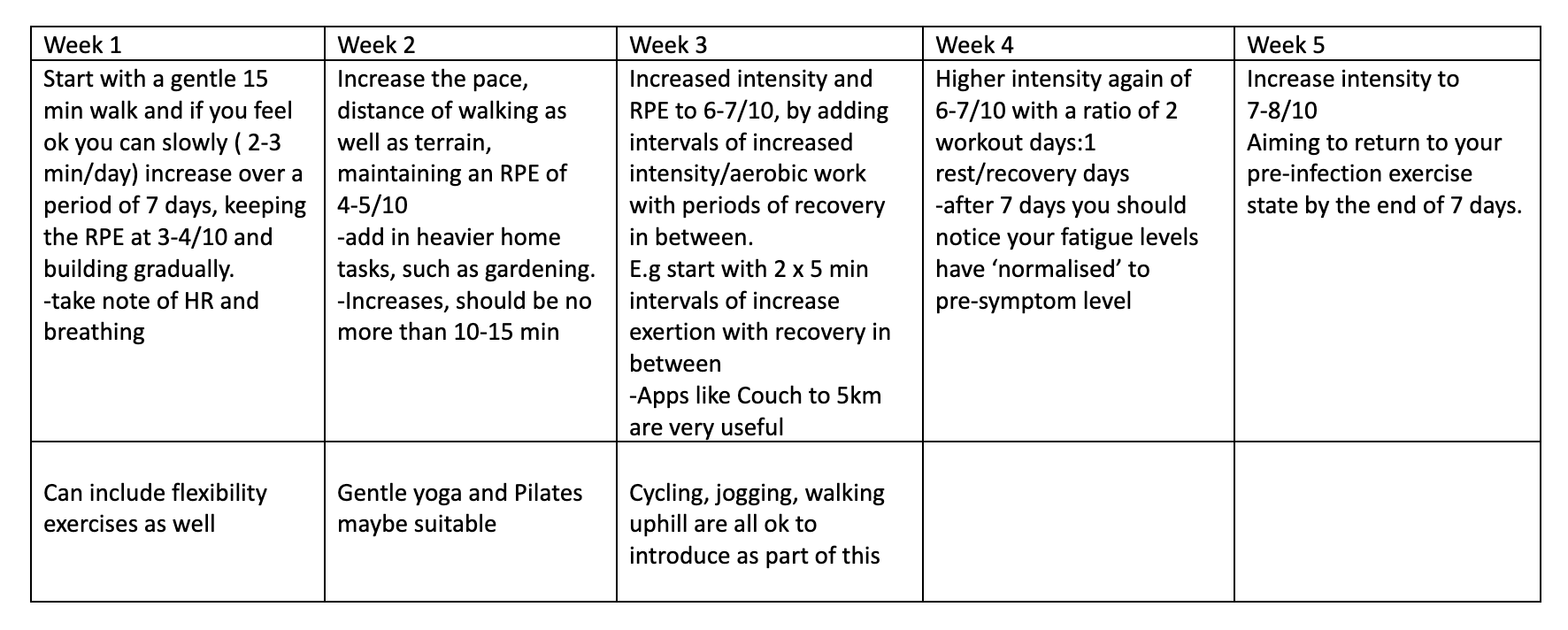
Whilst this may seem conservative it is aimed at minimising risk.
Stop exercising immediately and seek medical help if you experience heart palpitations, chest pain, unexpected breathlessness or signs of blood clots.
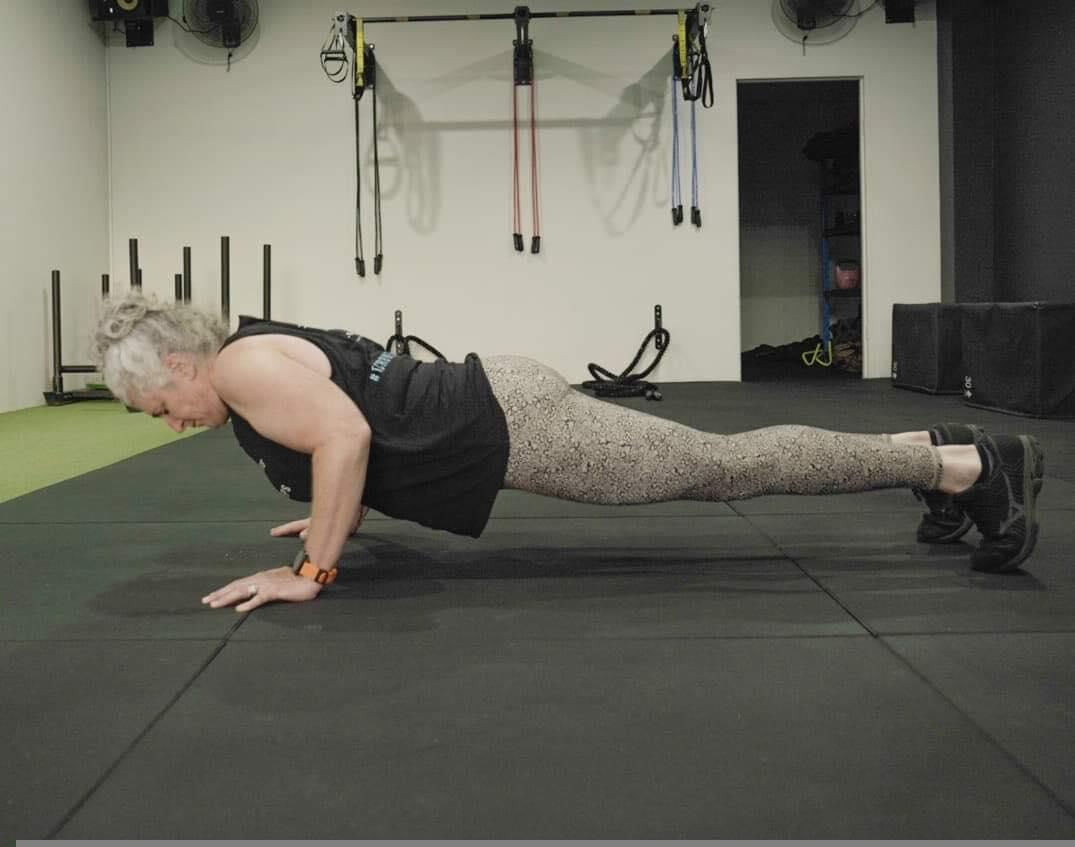
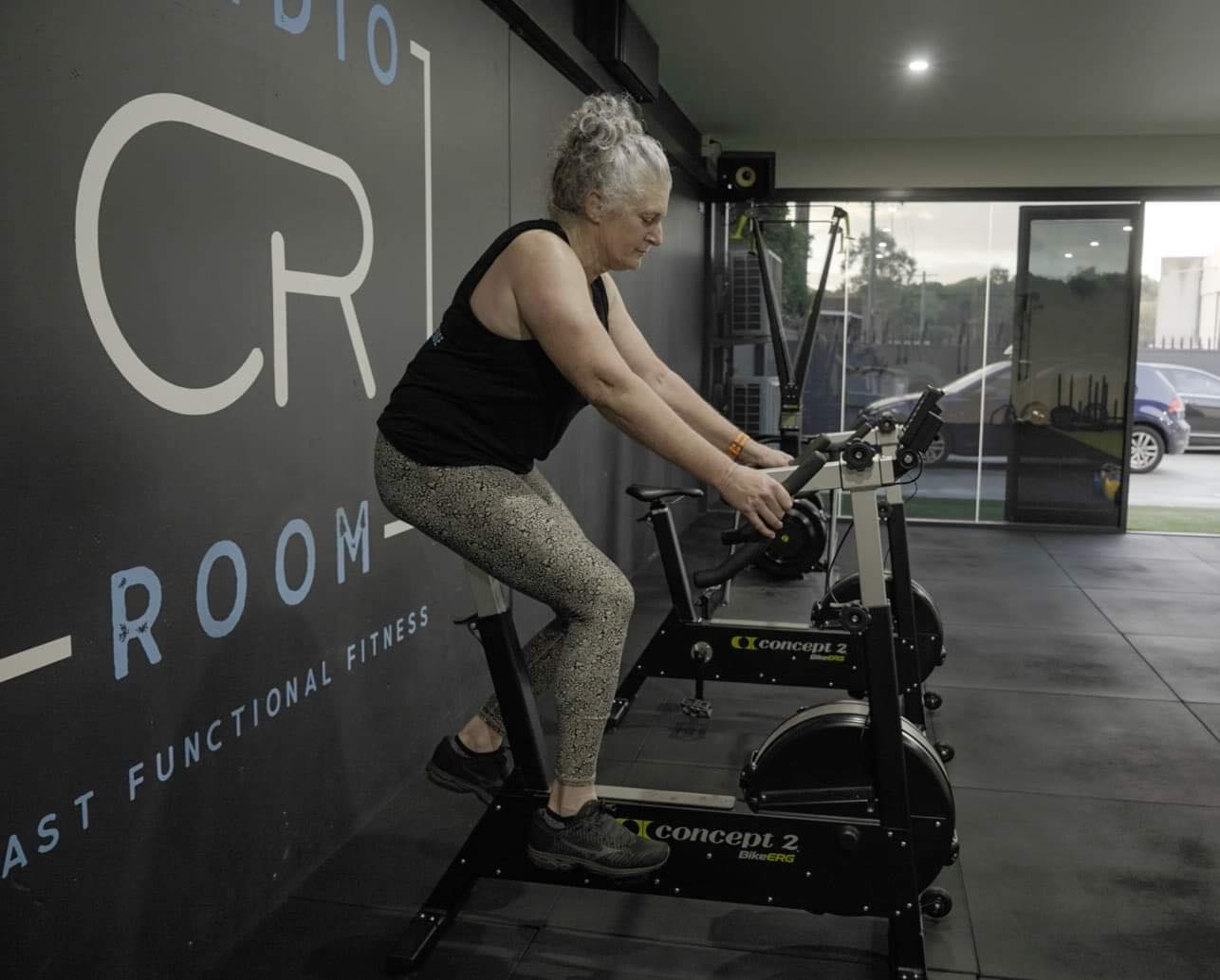
Author

Sarah Clay
Senior Physiotherapist
Pilates Physiotherapist
Sarah is an experienced Physiotherapist with over 30 years industry musculoskeletal experience. She passionate about facilitating change in peoples lives holistically, especially those with chronic or complex pain. She has a special interest in Cognitive Functional Techniques and is currently undergoing further, extensive training in this area, centred around low back pain.
Her holistic approach has involved extra training in Nutrition as well as breathing disorders and techniques.
Sarah has worked with many sporting teams, including an AFL club, Rugby League and Rugby Union. She has been heavily involved in netball in the past as well as years of road cycling. Hiking, walking her Staffordshire Bull Terrier, gardening on their hills property and family adventures are her other passions.
Therapy Interests
-
-
- Musculoskeletal Injury Rehabilitation
- Chronic Pain
- Facilitating health change for the everyday person
-

